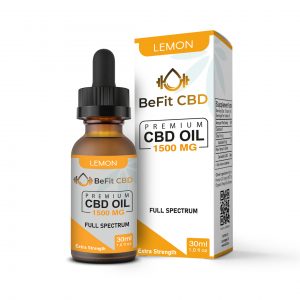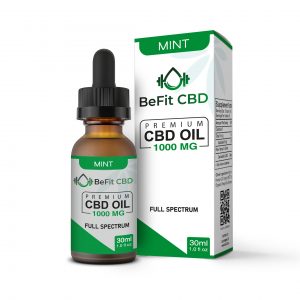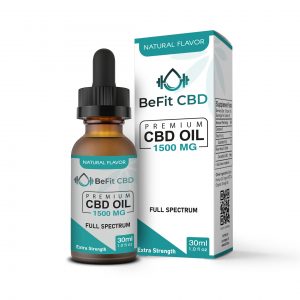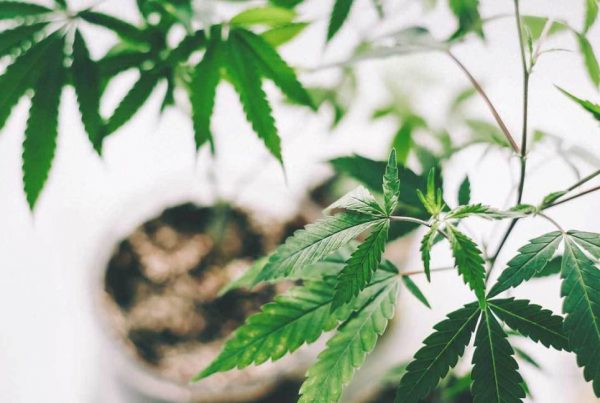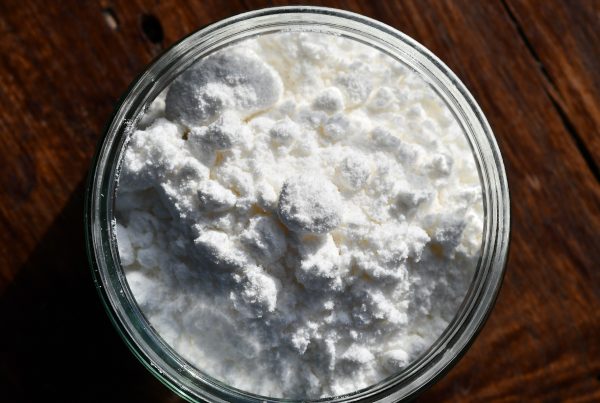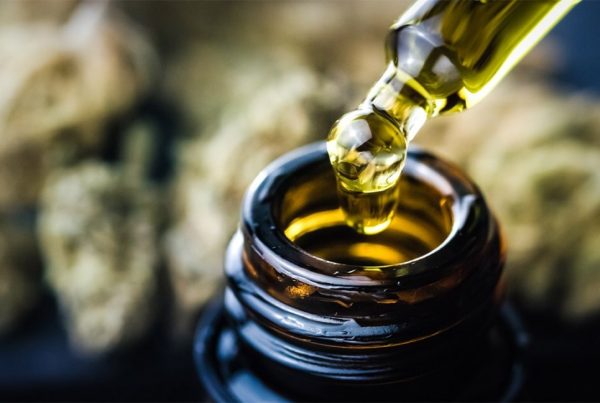CBN and CBD – Similarities and Peculiarities Explained
People are getting more curious about cannabis and its components – thanks to increasing legalization campaigns and promising results from ongoing research.
While research has over time focused on THC and CBD, other compounds in the plant are gradually gaining due attention.
This article examines the CBN – with emphasis on its similarities and differences with CBD.
CBD and CBN – What They Are
CBD is short for Cannabidiol, while CBN abbreviates cannabinol. These are two of over a hundred naturally occurring compounds in the cannabis plant – known as cannabinoids. Among the other compounds is THC, responsible for the high associated with cannabis.
Thankfully (for some), both CBD and CBN do not leave users stoned, as THC does.
Let’s Compare How CBD and CBN Works
However way you consume a cannabis product, whether vaping, swallowing, sublingually, or smoking, the cannabinoids are delivered into the bloodstream, ultimately.
When circulated across the body, the cannabinoids interact with certain neurons and modulate specific body functions, creating a range of resultant effects.
For anxiety symptoms, for example, CBD interacts with and signals the functionaries responsible for activating anti-anxiety hormones.
While it is a lot trickier than explained, we trust you get a layman’s glimpse.
Now, we get the idea of how they work; let’s examine how the compounds are obtained.
CBD And CBN – Will They Get Me High?
Will it get me high? – This is arguably one of the most frequently asked questions when it comes to using any cannabis extract.
The answer – no, neither CBD nor CBN will ‘actually’ get you high.
For CBD, it has no intoxicating properties and can’t get you high, even in extremely high doses. In fact, research shows CBD can help douse THC psycho-activity. So, you can dose on CBD products without any high scare.
On the other hand, remember CBN is a product of degraded THC?
Well, while CBN may not make you high, they usher mild psychoactive hints that could leave you giddy and couch-locked, which makes it one of the best sedatives there is. So it may be fair to say CBD may give you some buzz, but not exactly the famous (or infamous?) ‘THC-high.’
CBD and CBN – Benefits
Some studies suggest CBD and CBN may offer common benefits. Although CBD’s potency list seems longer, that could be because of the relatively large research it has attracted. As CBN research soars, we expect to read more about its possible health gains.
For now, both CBD and CBN may help manage conditions such as pain, inflammation, seizure, insomnia, among others. However, CBD’s list extends to PTSD, nausea, OCD, anxiety, osteoporosis, to mention a few of the research reports.
CBD and CBN – Possible Side Effects
If at all, the side effects of these compounds are few and mild. For instance, anecdotal reports say CBD may cause dry mouth, drowsiness, and change in appetite. Compared to reports from conventional pharmaceuticals, it may be fair to refer to these effects as inconsequential.
However, one notable area of concern is that CBD may cause liver toxicity in extremely high doses.
CBN isn’t in any way more harmful than CBD. Besides its sedative property (which doubles as a side effect and benefit), there are yet no recorded side effects of the compound.
CBD vs. CBN- A Wrap
Summarily, CBD and CBN have some similarities.
Here are some:
- Both interact with brain receptors
- They don’t cause the THC-like high
- Handles a range of health conditions, purportedly
Now, here are some peculiarities
- They are obtained in different ways
- CBD’s recorded benefits so far outnumber CBN’s
- Although minor (and widely thought insignificant) CBD; s has so far more side
Finally, if you consider trying out these compounds, start out with CBD. Why so?
CBD has more scientific data and more readily obtainable. Even, it promises more benefits and yet cheaper.
However, before you begin any new medication or supplements, you may want to discuss with your doctor.

 FREE SHIPPING ON ALL PRODUCTS
FREE SHIPPING ON ALL PRODUCTS